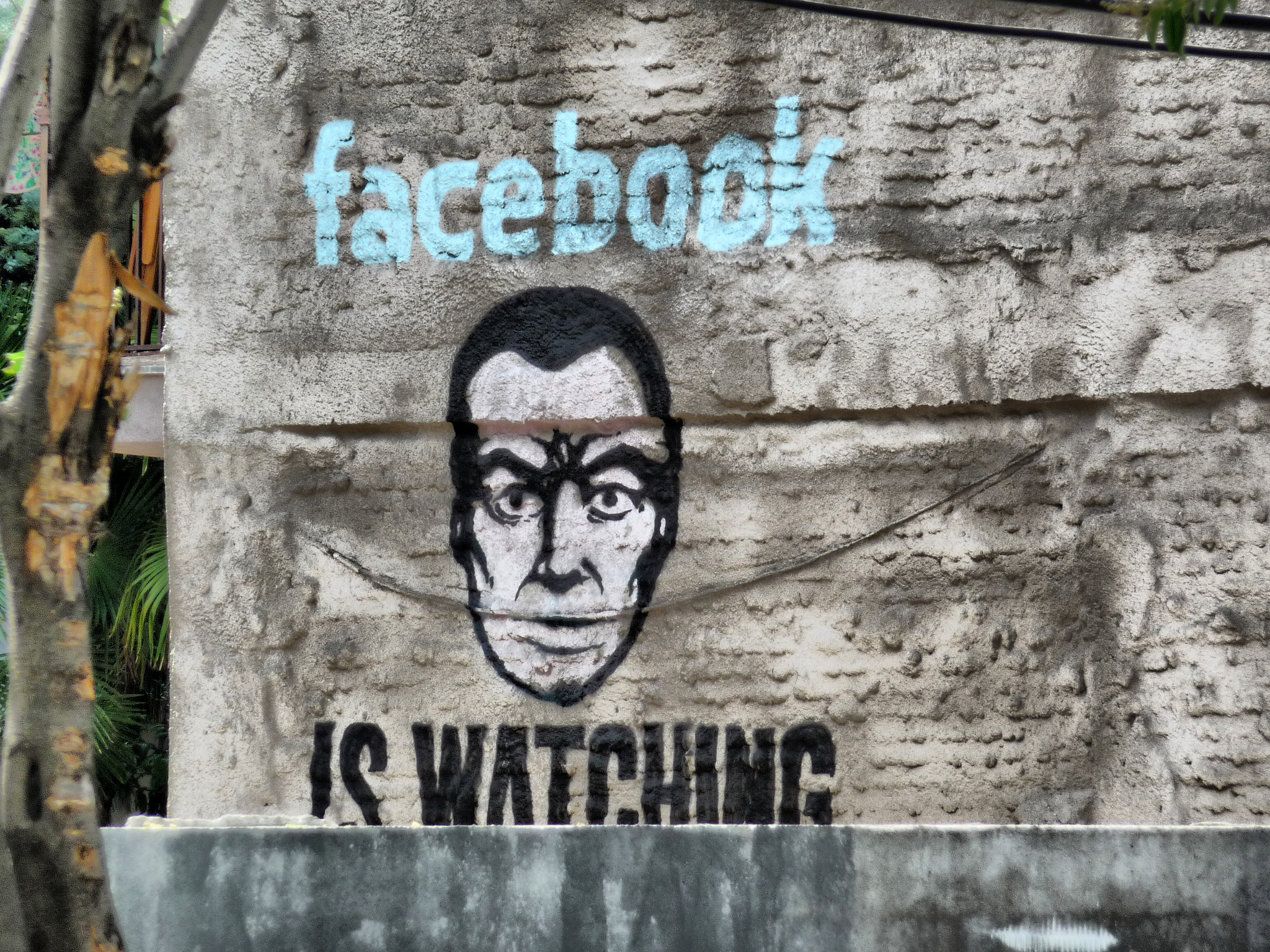The thing about companies like Facebook and Google is that data gathering is a feature, not a bug. It’s how they make their living – by offering highly targeted advertising options based on the data they have gathered on their users. It’s why they are free to use. And it’s why advertisers love them.
Think about it: if you wanted to sell your wedding invitation design services, how much better (and cheaper) would it be to ensure that the majority of your ads were seen by people who were engaged and planning their weddings? If you want to promote your new feminist book, sharing the link with people with a known interest in feminism makes far more sense than just sharing it with anybody and everybody.
It works for businesses and, because I write about this stuff all week, every week, I’m not so freaked out about it. But, for those who haven’t considered what happens when we hit ‘like’ or respond to a friend or search for an item to buy, it has come as a bit of a shock that our data is stored and organised and ads are sold on the basis of our activities. And, as we are learning now from reports into UK firm Cambridge Analytica, every time we approve an app on Facebook and fill out a daft questionnaire to find out what kind of chocolate bar we are or who we are going to marry from our friends list, all that rich data is leaving Facebook and going to external companies to analyse and sell, too.
It may be the first time a lot of people are thinking about the privacy of their data. Never mind just online; people even send their literal DNA to companies for testing, either not knowing or not really caring about the ways that the most personal of all data are used.
I’m also aware that I’m a walking contradiction on this topic. I stopped using unroll.me when it turned out they had been sharing my data and I consistently refuse my current bubble-bursting game permission to access my phone’s photos. However, Google still controls my email, my calendar and my phone, despite all the info we know they store on us. I’m a keen social media user, including Facebook, Instagram (owned by Facebook) and Twitter. I acknowledge that I’m exchanging some of my personal info for the ability to stay in touch with friends and family, campaign, and support my business.
Should we delete Facebook?
It’s all very well being a purist and declaring that everybody should delete their Facebook accounts but, for many people, it’s not that simple and going without is just not that desirable. Even knowing everything we know about Cambridge Analytica and the way Facebook stores and uses our data.
We’ve all got our Facebook faves, and whether it’s memes that offer light relief on a rough day or things full of beans that shouldn’t be full of beans, it’s ok to love that stuff and want to continue to engage with it.
Facebook is also the host of lots of online campaigning. It’s true that Twitter earned its stripes as the social media site where activism blossomed. But the work that has been done on Facebook has been vital for political organising and single-issue groups or wide-ranging Pages that cover our ethical interests can serve as consciousness-raising material and help us to contribute to the cause.
We can plan and plot and we can stay on top of intersectional news, leading the way or just staying informed and storing what we learn in our brains for later. We can plan a last-minute demo this very Saturday or we can share meaningful texts or videos that change our opinions or change our lives.
That should not be underestimated.
Many of us on Facebook are also promoting our businesses. Perhaps we sell handmade jewellery on Etsy or sell marketing services to small businesses; Facebook offers free and paid opportunities for sharing what we do with people who might want to buy our offerings. Running a business on a shoestring can be tough, so those who use social media in this way can become experts in it. They shouldn’t be made to feel bad for relying on a service that helps them to pay their bills.
Writers, too, can get a lot of benefit from Facebook. When we share our writing – whether on our professional Page or our personal profile – it encourages people to click and read more. Clicks are everything in modern media, so expecting us to give up this source of traffic is unrealistic and does not take into account the reality of modern journalism and freelancing.
How to get rid
If you want to take extra care over who has access to your Facebook data, there is some top information available here. If you want to delete your account altogether, Facebook will try to dissuade you from doing that and persuade you to deactivate it instead. To go ahead regardless, follow these instructions.
Photo credit: Xavi/Creative Commons


Interesting and is it really needed for us to put the information on our social accounts? For me if it is private then i keep it private and not to include those information that will makes it a high risk to ourselves.